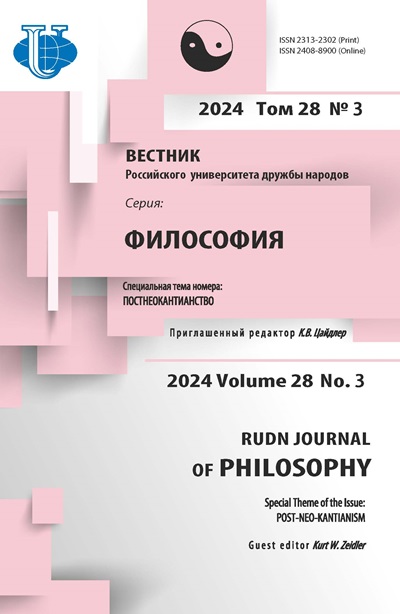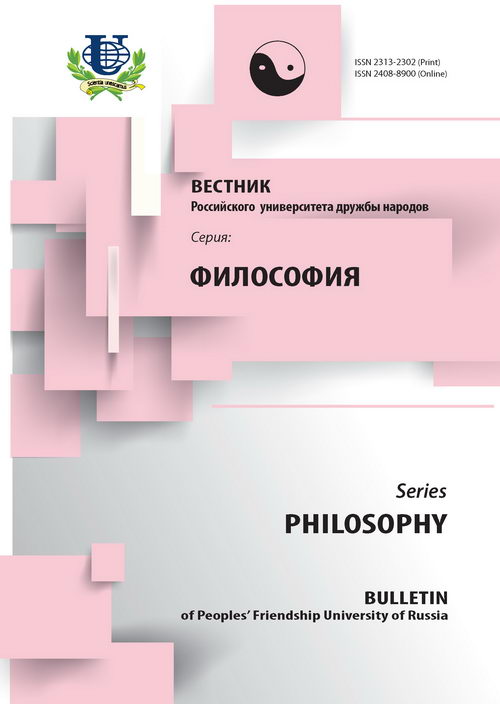Īçvara-vāda in theistic context
- Authors: Anikeeva EN1
-
Affiliations:
- People`s Friendship Univrsity of Russia
- Issue: No 4 (2015)
- Pages: 60-67
- Section: Articles
- URL: https://journals.rudn.ru/philosophy/article/view/11597
Cite item
Full Text
Abstract
This article is devoted to theistic contents of the Indian teaching of Personal God/Īçvara in Hindus Philosophical systems. In spite of various opinions main features of the category “theism” in contrary to the concept of Impersonal Absolute are to be the concept of a Personal God the Initiator and benevolent Guardian over the world. Īçvara-vāda plays significant role in the History of Indian Philosophy, i. e. the title of philosophical school yoga is seçvara-sāņkhya. The strict polemic opposition of īçvara- and nirīçvara-vadas enriched the Indian philosophical culture as a whole. Comparing to monotheistic religiosity, particularly the proofs for the existence of God in medieval scholastics, īçvara-vāda differs from Western theism by its non-creational character.
Keywords
About the authors
E N Anikeeva
People`s Friendship Univrsity of Russia
Email: hphilosophy@mail.ru
Department of History of Philosophy Faculty of Humanities and Social Sciences
References
















